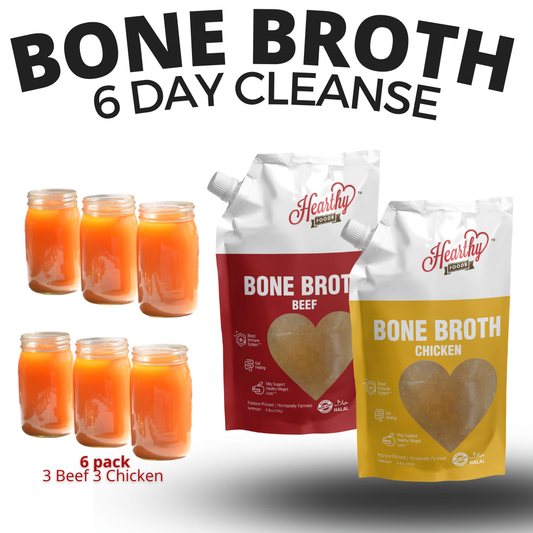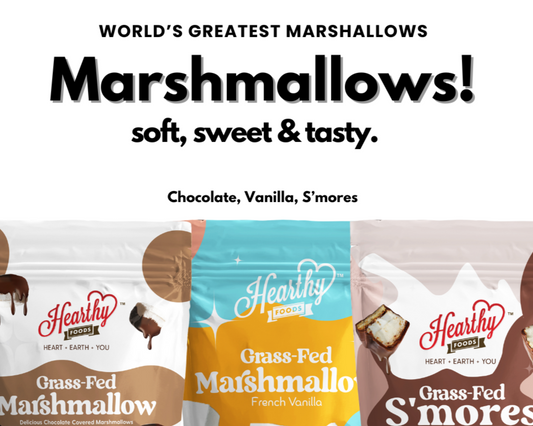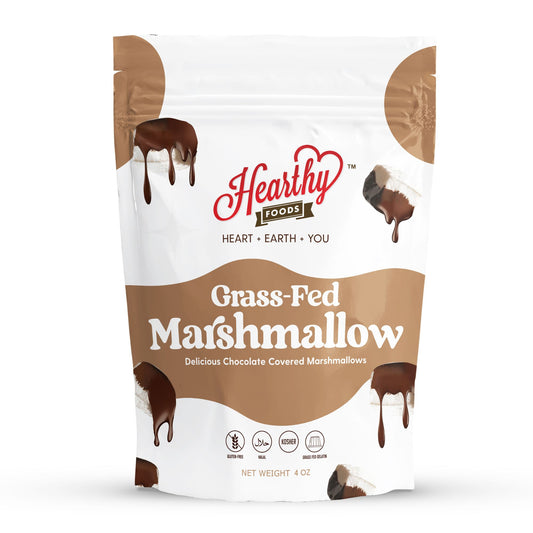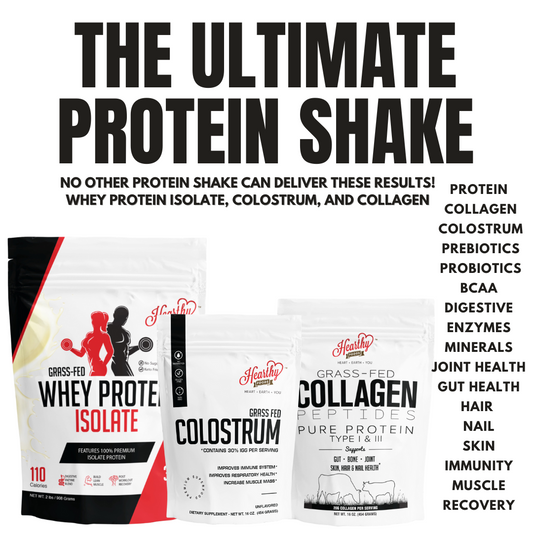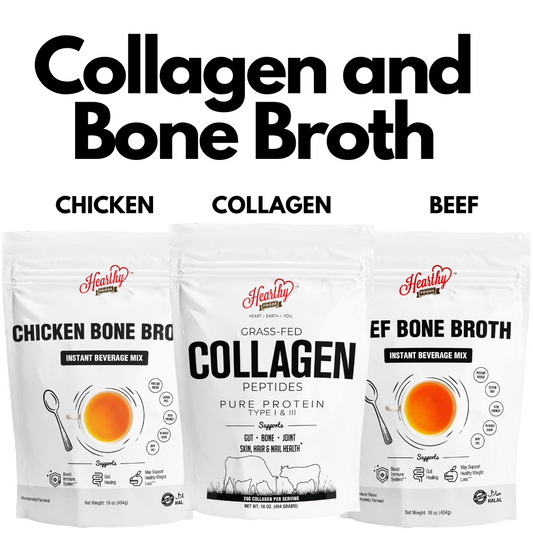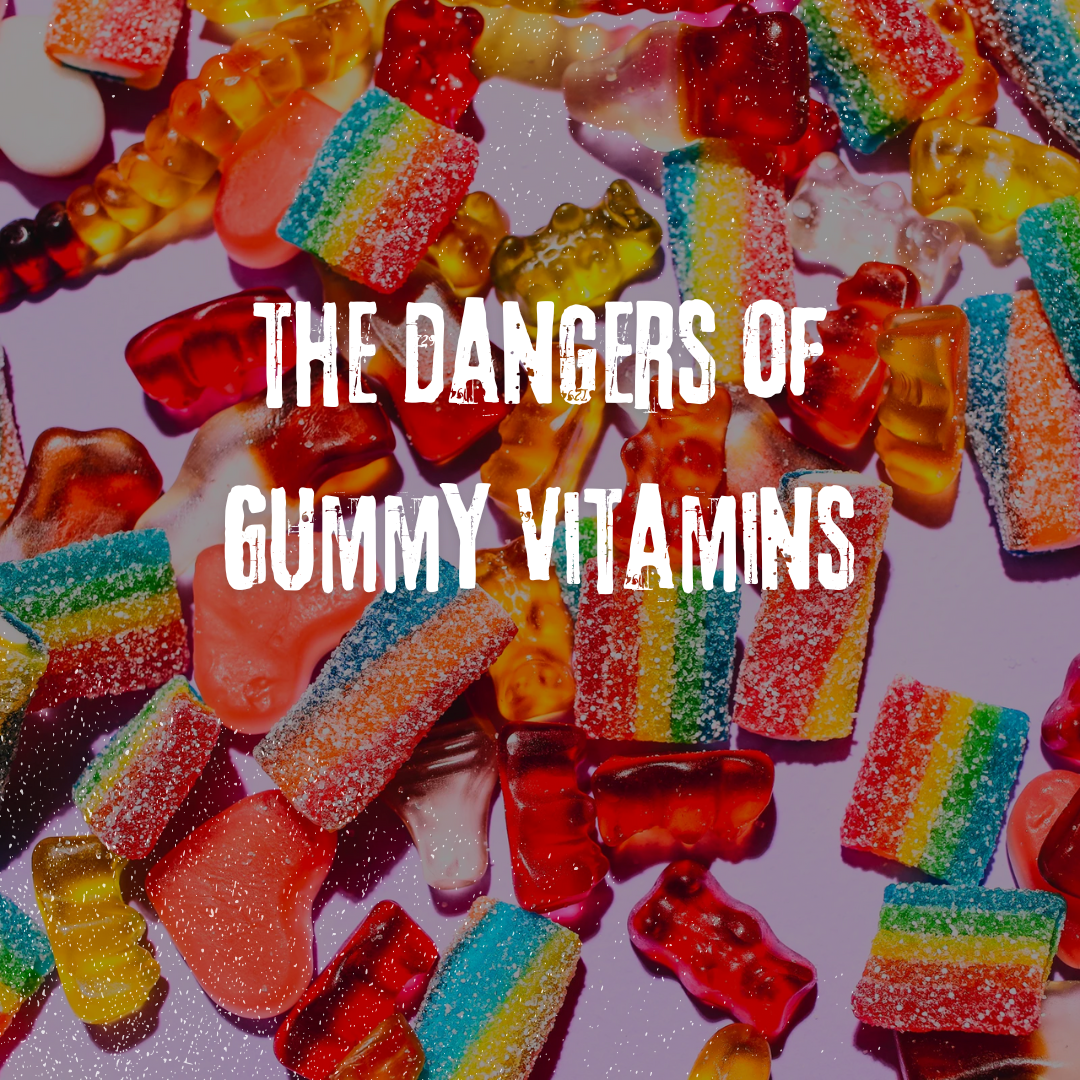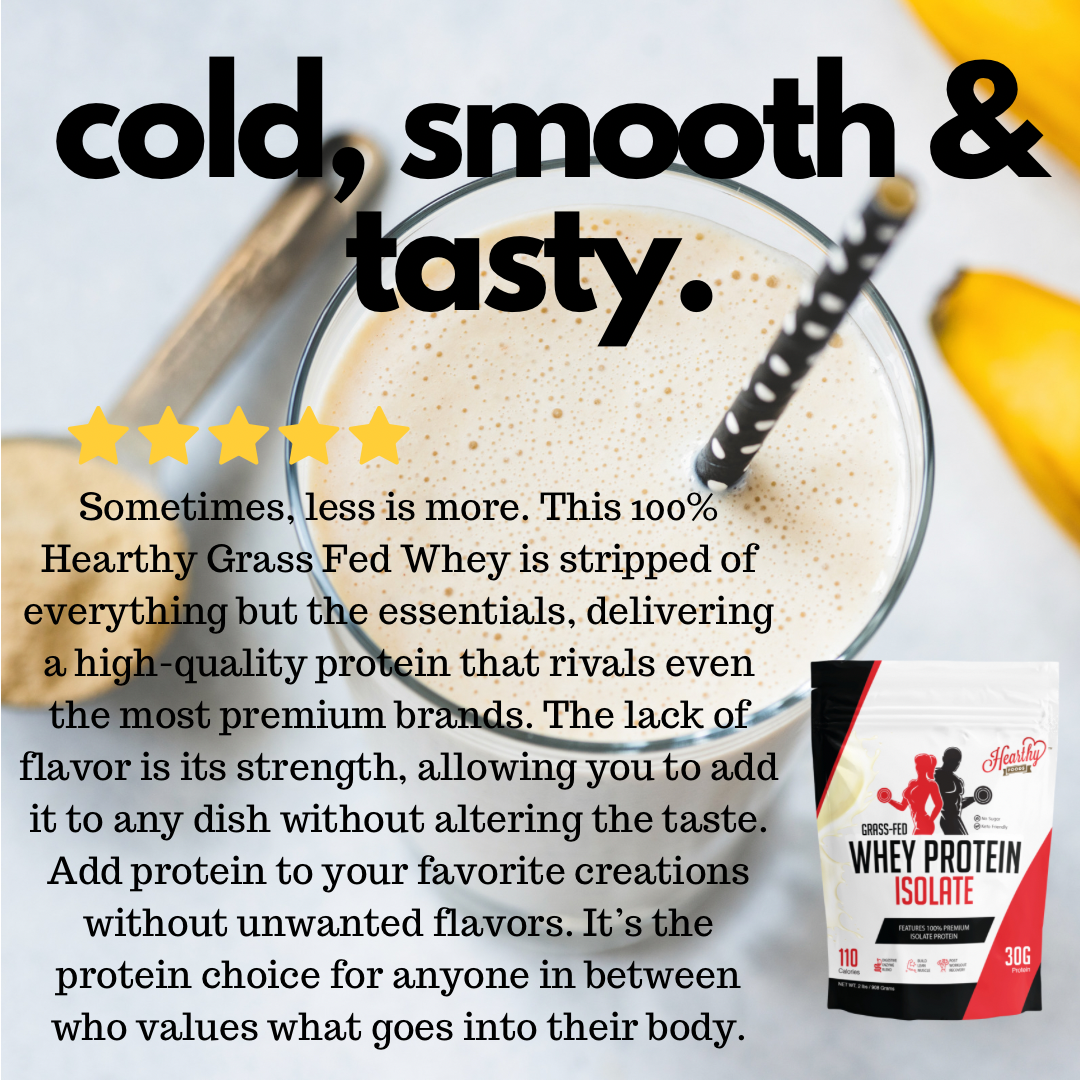
Apple Flour is the fiber rich baking staple of the future
The wellness world is once again spinning the wheel on alternative flours. And guess what we’re grinding down this time? Okay, okay, I’ll tell you: dehydrated apples.
A November study published in the MDPI journal Foods looked into cookies fortified with apple pomace flour. Pomace is the byproduct of juicing made from pulp, seeds, seed cores, and stems. Usually, these leftovers get tossed, but apple flour transforms them into an alt-flour that has (wait for it) up to quadruple the amount of gut-healthy fiber as white all-purpose flour.
“Some brands of apple flour—although not all—offer more than four times the fiber than the amount found in refined white flour,” says Malina Malkani, RDN, a dietitian with the Academy of Nutrition and Dietetics. “This is a significant benefit, given that the Dietary Guidelines for Americans recommend that adults consume between 28 to 34 grams of fiber daily, yet the average American adult only gets about 15 grams according to the National Academy of Medicine.”
It’s true. While 1 cup of ordinary white all-purpose flour contains about 3.4 grams of fiber, 1 cup of Hearthy Foods apple flour contains 16 grams of fiber. And all that extra fiber is really, really good for your gut. “Fiber supports digestive and bowel health helps improve cholesterol levels, helps stabilize and control blood sugar levels, supports optimal body weight, and helps you feel fuller for longer, which can reduce the urge to overeat,” she says.
Apple flour can often be gluten-free. Just watch out for brands adding wheat flour or other gluten-rich alternatives that change the consistency of the baking staple.
Even if you eat gluten, however, the fortified flour is worth adding to your pantry. “Due to the increasing incidence of various metabolic disorders, obesity, and gluten intolerance, there is an interest in developing fortified products with a high content of dietary fiber and antioxidants,” write the study authors.
I won’t go on to write a lousy riff on that old “An apple a day…” adage. But hey, if you’re always on the search for ways to squeeze more fiber into your diet, apple-inspired baked goods might be an excellent place to start.
Published Wells + Goods. Article written by Kells McPhillips

